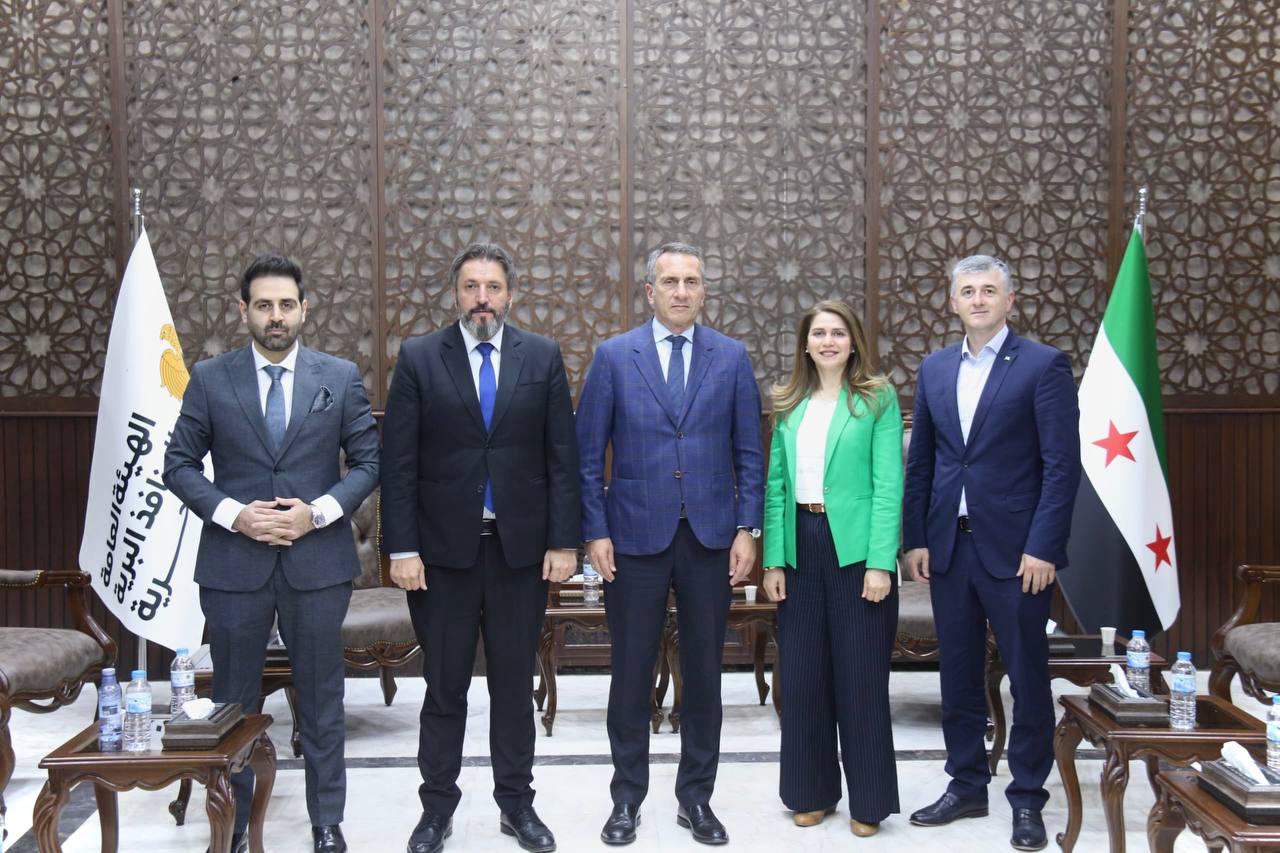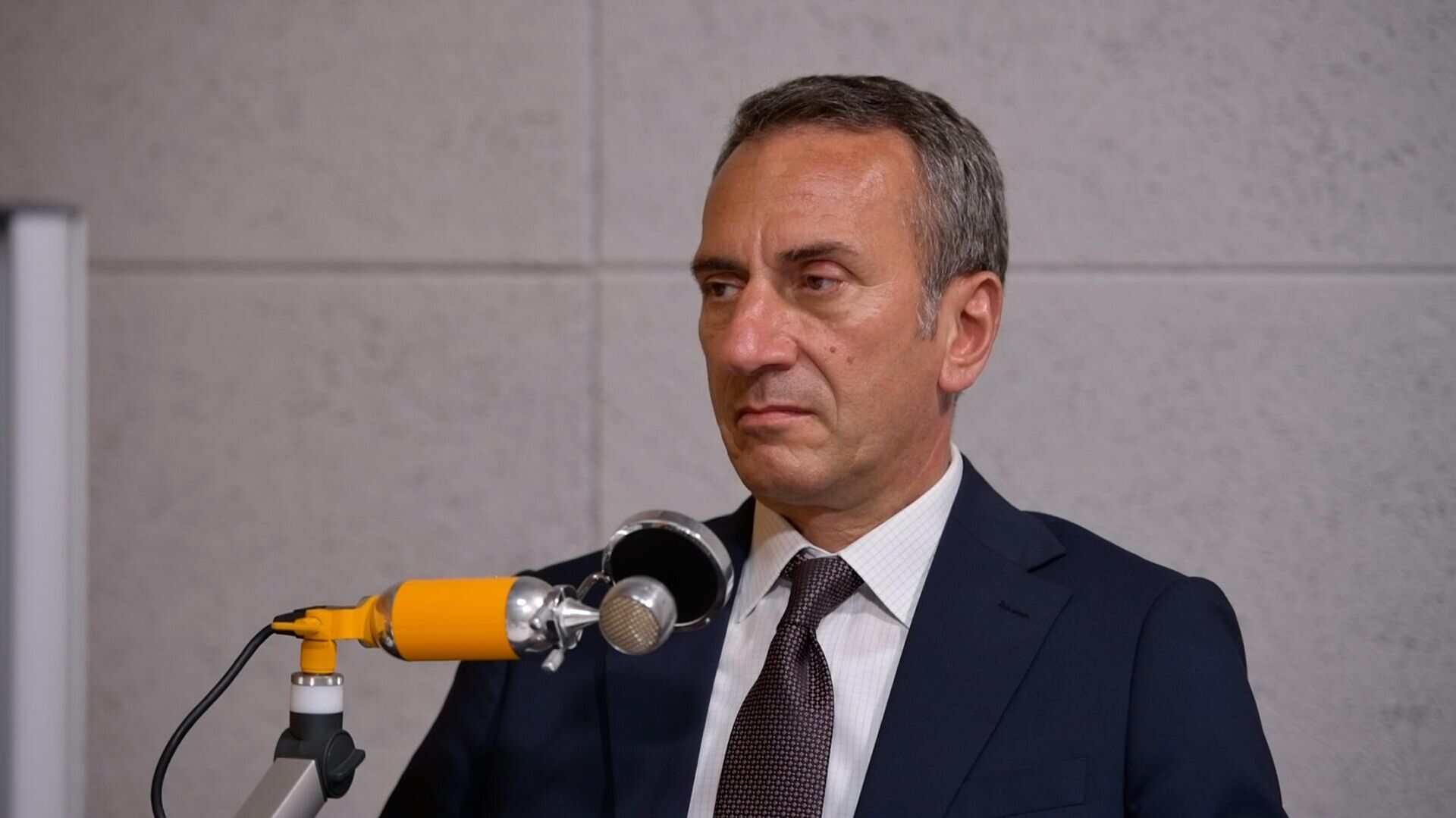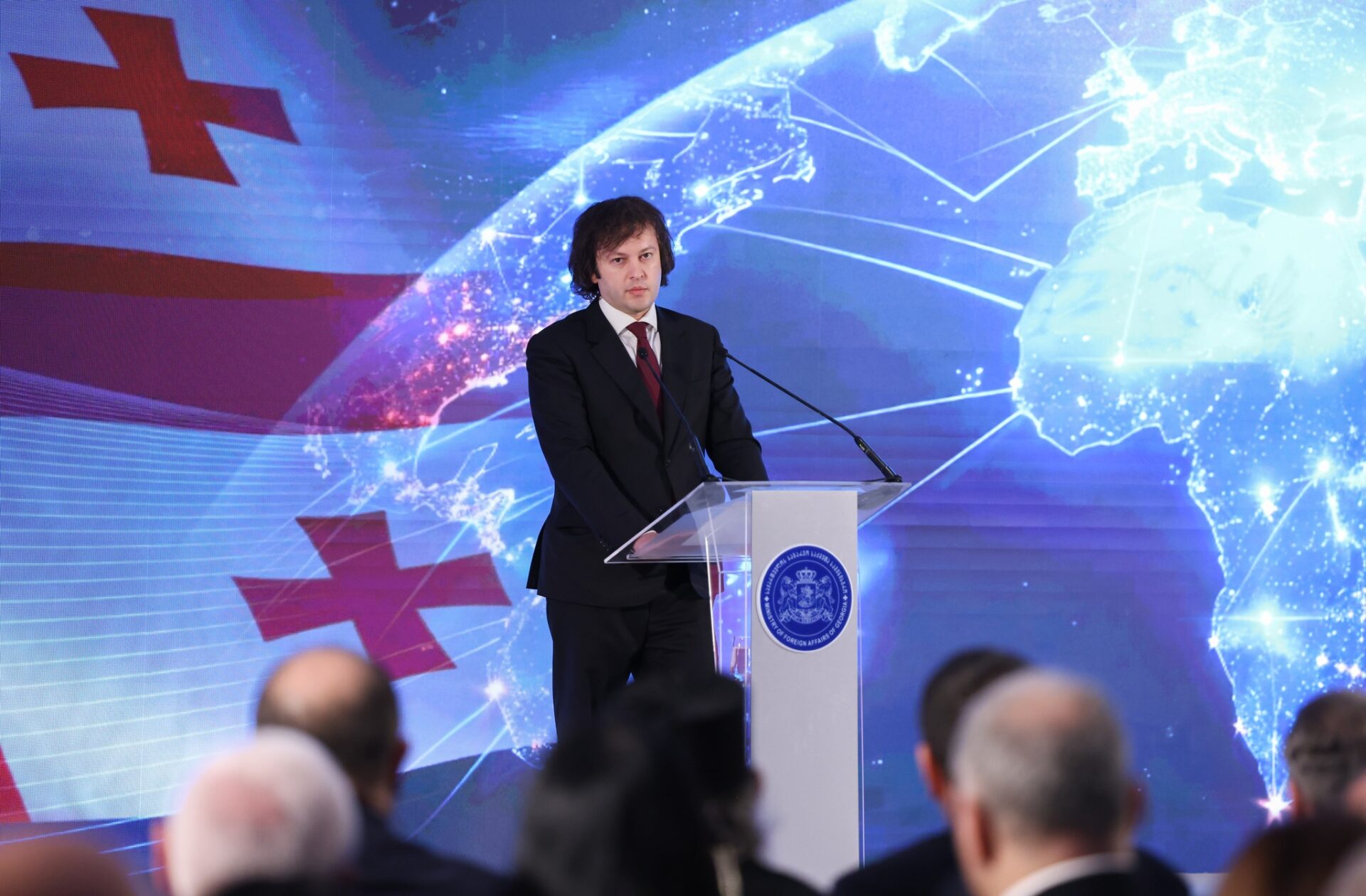
Abkhazia Works to Deepen Ties with Syria
Abkhazia Works to Deepen Ties with Syria
Executive Summary:
- Officials from Abkhazia’s Foreign Ministry visited Syria on June 25 to advance political and economic ties with Damascus, highlighting ongoing diplomatic activity between the breakaway Georgian territory and one of its few international backers.
- Syria’s recognition of Abkhazia in 2018, likely influenced by Russian pressure, led to severed ties with Georgia and remains a contentious issue in Tbilisi’s foreign policy.
- The fight against international recognition of Georgia’s occupied territories is one of the few issues on which the ruling Georgian Dream party and the opposition appear to agree and are actively pursuing with foreign partners.
On June 25, Oleg Bartsits, the de facto Minister for Foreign Affairs of Abkhazia, the Georgian breakaway region occupied by Russia since 2008, arrived in the Syrian Arab Republic. The separatist delegation was officially received at the border by Muhammad Ali, Abkhazia’s Ambassador Extraordinary and Plenipotentiary to Syria. Officials from the Protocol and Europe Departments of the Syrian Ministry of Foreign Affairs joined them. During the visit, high-level talks were scheduled with Syria’s Minister of Foreign Affairs and Expatriates, Dr. Asad Hasan al-Shaibani, and other senior government officials (Ministry of Foreign Affairs of Abkhazia; Radio Tavisupleba, June 25). According to Abkhazian sources, “discussions were set to cover a broad agenda, including enhancing political dialogue and deepening practical co-operation in trade, tourism, and higher education” (Abkhaz World, June 25). Following the regime change in Syria in December 2024, the country’s new government has significantly altered its domestic and foreign policies, reversing many of the decisions made by former dictator Bashar al-Assad (see Jamestown Perspectives, February 8). Damascus’ approach to Russia’s occupation of the Georgian regions of Abkhazia and South Ossetia, however, has so far remained unchanged.
On May 29, 2018, Assad recognized Abkhazia’s independence, which was followed by the mutual establishment of embassies (Civil Georgia, December 14, 2023). Georgia immediately severed diplomatic relations with Syria following this recognition (Ajaratv.ge, June 6, 2018). Since September 2008, when Georgia’s then-President Mikheil Saakashvili severed diplomatic ties with Russia after the Kremlin recognized the independence of the breakaway territories of Abkhazia and South Ossetia, this has been Tbilisi’s fundamental position in relation to all countries that recognize Georgia’s occupied territories (Civil Georgia, April 14). Syria is one of five states to have recognized Abkhazia’s “independence” since Russian aggression in August 2008. The others include Russia, Venezuela, Nicaragua, and Nauru. Abkhaz separatists are likely trying to establish relations with the new Syrian government to prevent the reversal of Assad’s recognition.
In 2018, when the Assad regime recognized Abkhazia’s independence, many Georgian experts did not doubt that Assad made this decision under pressure from Moscow and Russian troops in Syria. In an interview with this author in 2018, former Rector of the Georgian Diplomatic Academy Iosif Tsinfadze noted, “Assad is now so dependent on [Russian President Vladimir] Putin and even the commander of Russian troops in Syria that he will, of course, fulfill any of their wishes” (Author’s Interview, June 20, 2018).
Assad’s dependence on Putin was not the only reason for Damascus’s recognition of Abkhazia. Since the 19th century, a large diaspora of descendants of the “Muhajirs”—Abkhazians and Circassians who were expelled from the Caucasus, including Abkhazia, by the Russian Empire after the end of the Great Caucasian War—have lived in Syria, as well as in other countries in the Middle East. They traditionally play a significant role not only in Syria but also in Türkiye and other eastern states (Eurasianet, May 29, 2018). The Abkhaz authorities have consistently considered the return of the “Muhajirs” descendants to Abkhazia as one of their strategic objectives and have successfully repatriated hundreds of families from the Middle East to their ancestral homeland, granting them Abkhaz citizenship (Abkhaz World, July 5, 11, 2013; see EDM, March 16, 2016).
The fight against international recognition of Georgia’s occupied territories is one of the few issues on which the ruling Georgian Dream party and the opposition appear to agree (see EDM, June 11, 2024). On June 16, the chairperson of the Georgian opposition United National Movement (UNM) party, Tina Bokuchava, and the party’s secretary general, Petre Tsiskarishvili, met with U.S. Congressman Joe Wilson, the leading American critic of the Georgian Dream’s policy, and discussed this issue. Wilson is the co-chairman of the Helsinki Commission in the U.S. Congress and is the author of the MEGOBARI Act—a bipartisan bill calling on the U.S. president to impose sanctions against Georgian Dream officials, their supporters, and family members (see EDM, January 13, June 2; Civil Georgia, May 6). Following the meeting, Wilson wrote on X, “I was grateful to ask [Syrian Foreign Minister Asaad al-] Shibani in February to reverse the Assad regime’s wrongful decision and have Syria recognize South Ossetia and Abkhazia as the sovereign territory of the country of Georgia” (X/@RepJoeWilson, May 16; 1tv.ge; Civil Georgia, May 17).
In the issue of Syria’s recognition of Abkhazia, Türkiye’s position will be of great importance. David Avalishvili from the independent resource Nation.ge noted to this author that there is a very large Abkhaz and Circassian population in Türkiye. He stated that “more Abkhazians are living in Türkiye than in Abkhazia itself, and the Turkish authorities cannot ignore this reality.” He further argued, “Türkiye does not recognize the independence of Georgian occupied regions, but Abkhazia, nevertheless, has the opportunity to develop economic and humanitarian ties with Türkiye.” The expert said that it is difficult to predict whether Turkish President Recep Erdogan will use his influence on the new Syrian authorities to revoke Damascus’s recognition of Abkhazia’s independence. Avalishvili concluded, “Of course, official Tbilisi has urged him about this, but from the capital of Abkhazia, Sukhumi, as well as from the Abkhaz diaspora in Türkiye, President Erdogan is receiving requests of the opposite content” (Author’s interview, June 28).
The Western community, the North Atlantic Treaty Organization (NATO), and EU member states are united in their non-recognition of Georgia’s occupied territories. This fundamental position has only strengthened since Russia’s annexation of Crimea in 2014, followed by Moscow’s recognition of the “independence” of the so-called Donetsk and Luhansk people’s republics, the subsequent occupation and annexation of these regions, and the large-scale aggression against Ukraine under the pretext of the “self-determination.” How post-Assad Damascus will proceed in its recognition of Abkhazia will likely depend on how it chooses to position itself on the world stage in relation to the West, Türkiye, and Russia.


